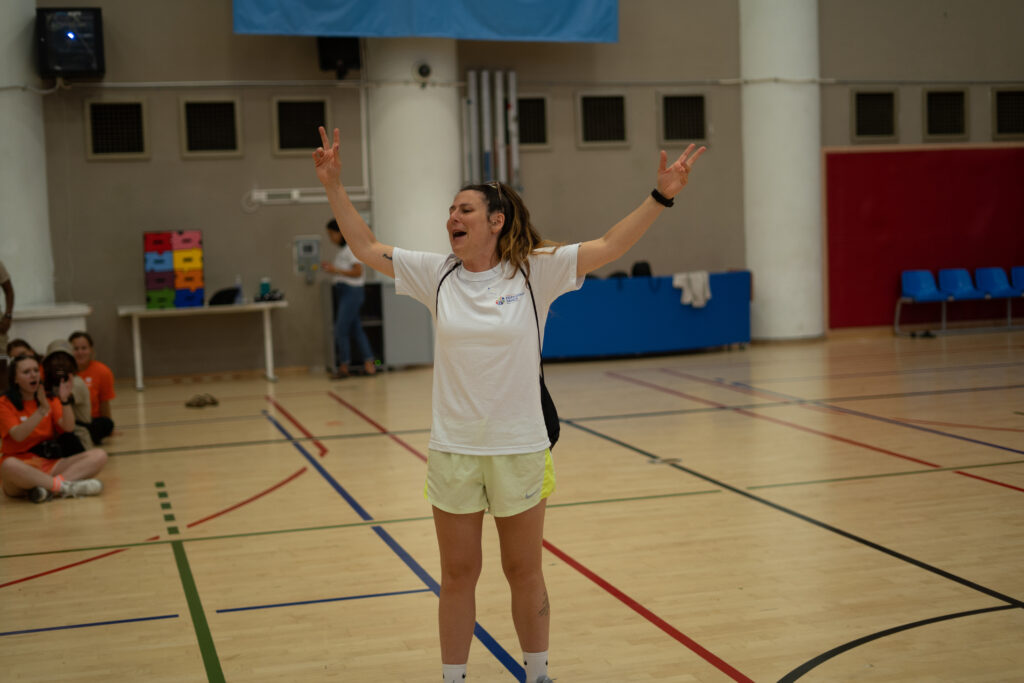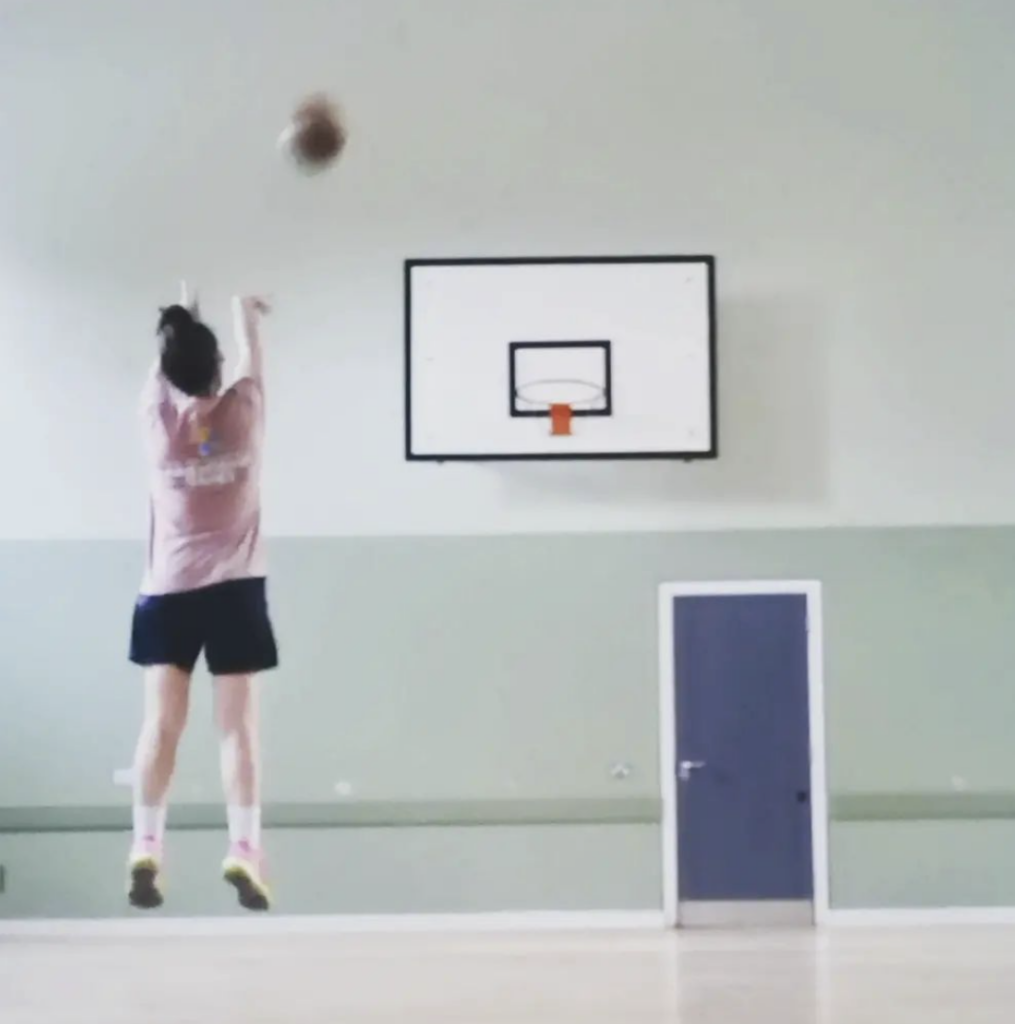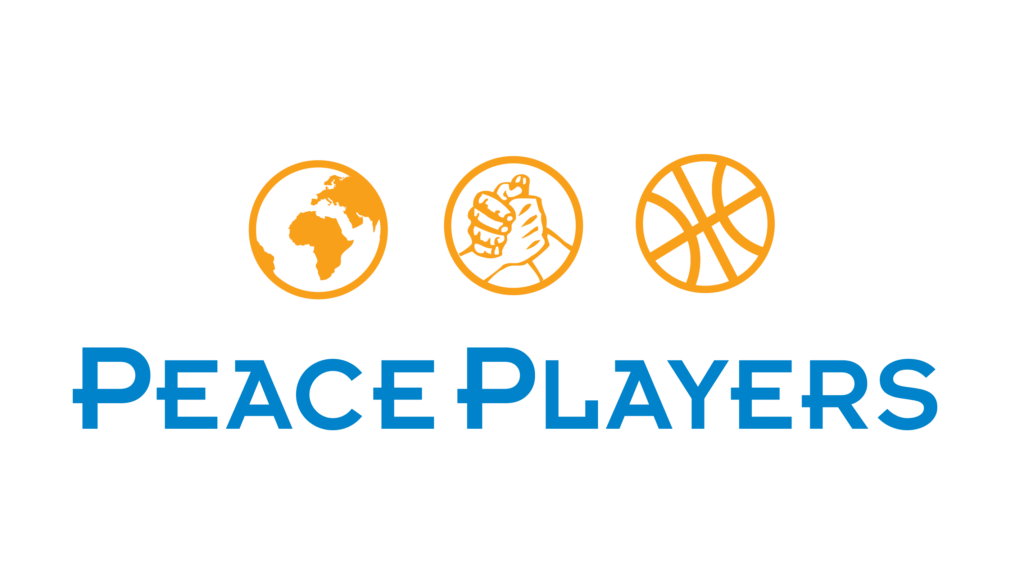“If there was a gender barrier, I just kicked the doors down every time”
A Q+A with Joanne Fitzpatrick in celebration of International Women's Day
March 6, 2023
SHARE
PeacePlayers: To start, can you introduce yourself? Who are you? Where are you from, and what do you want people to know about you?
Joanne: Sure, yeah. So, I’m Joanne Fitzpatrick. I grew up in a little village called Dundrum, which is on the south east coast of Northern Ireland. It’s about 30 miles away from the nearest city. Growing then, (as reluctantly as I am to say it) in the early nineties, it was a great little village. Everybody’s seeing each other as equal and whether that was religion or gender, there were very little barriers at that point. For secondary school I went to school in Kilkeel and that’s where I started realizing that there was more of a religious divide than I thought. But I grew up playing basketball – the only person in my area that played basketball and I had to travel a fair bit to do so.
So whenever the opportunity came up to help start up a local club for kids, I jumped at the opportunity and that’s where I discovered PeacePlayers. I had met a couple of the [American] fellows from PeacePlayers and started to volunteer. So, that was a long 15 years ago.
I love working with kids. I’ve always, since I was four years old, said I always wanted to be a teacher, and I figured that PeacePlayers was the perfect hybrid of my favorite sport and my lifelong passion. Getting to do what I love with the age group that I love and figure out what my skills and passions are along the way and being able to marshal them together into a day-to-day job that doesn’t feel like a job is perfect.
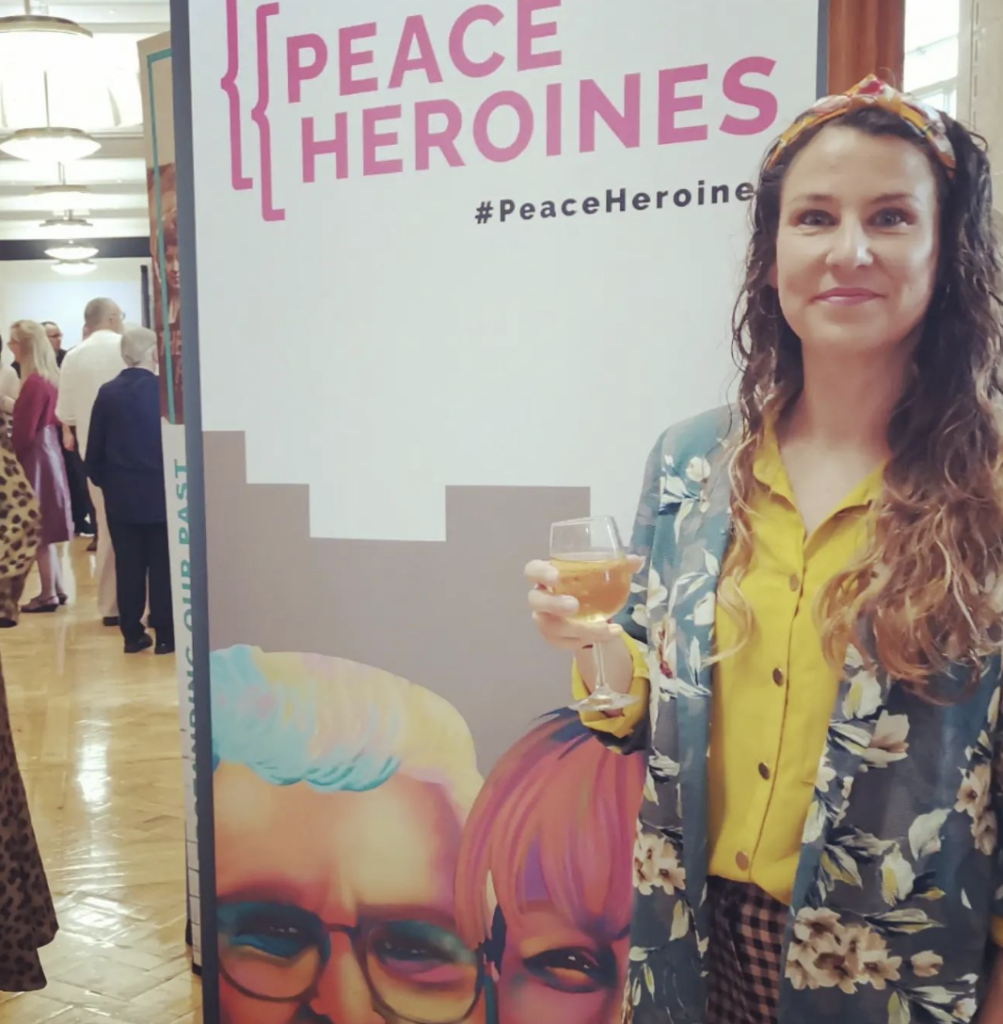
PeacePlayers: When you started as a volunteer, the team, who was mostly American at the time, had said they were really intent on getting a local female coach, right? Why do you think it was so important to them to have a local female coach?
Joanne: You know, we had a female managing director at the time, who was American. We had a male operations team leader. We had two male American fellows and a female American fellow and a male local member of staff. So I think for them that was just trying to make sure that we were getting equal representation within the office.
Then our coaching team was majority male as well. I think there was maybe only me, the American fellow, and then maybe one other female coach. So it was very much that the females were in the minority coaching. The irony then is that the majority of the participants that we were coaching were female. So I think there was a big focus on, you know, if we’re working with these kids, we want staff out there that the kids can relate to. So the more female staff, the more female coaches that we can get, the better that the participants will be able to relate to the coaches and then hopefully relate to the content as well.
PeacePlayers: Having a male majority, especially among field staff, was that representative of the basketball world in general at the time in Northern Ireland?
Joanne: Very much so. And still to this day. You know, at the minute in Northern Ireland senior men’s, I think there are three different leagues, each with maybe 8 to 10 teams. For women, there’s one league, four teams. So the female representation in basketball in Northern Ireland has always been very, very low.
For us, the great thing at the minute is that we flipped it round. So yes, where we had majority female participants, we’ve really benefited from the leadership pipeline, and the coaches that have grown out of the program have been mostly female.
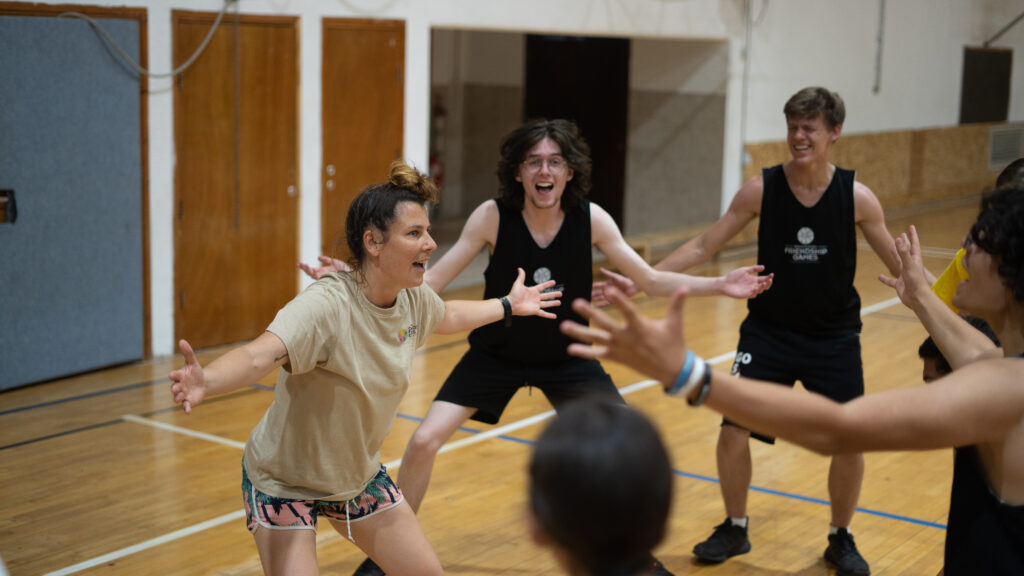
PeacePlayers: I think that’s one of the really cool things about having that leadership pipeline – you end up having staff who reflect the participants, you know what I mean? Like not just in terms of demographics, but also in understanding and being able to recognize where they’re coming from.
Joanne: And I think that drives a lot of people’s motivation for the work. Like, I know for me it got to a point where I was seeing myself in a lot of the participants and wanting to make sure that I was showing up. Like we’ve heard it from a lot of coaches in the organization. I want to be the coach that I needed as a kid. And because they’ve all directly experienced PeacePlayers and maybe they’ve had a coach that they want to replicate or they just were missing that kind of person in their own life and want to become that for somebody else. So I think that is a big driver for motivating our coaches as well.
PeacePlayers: When you started as a volunteer, the team, who was mostly American at the time, had said they were really intent on getting a local female coach, right? Why do you think it was so important to them to have a local female coach?
Joanne: You know, we had a female managing director at the time, who was American. We had a male operations team leader. We had two male American fellows and a female American fellow and a male local member of staff. So I think for them that was just trying to make sure that we were getting equal representation within the office.
Then our coaching team was majority male as well. I think there was maybe only me, the American fellow, and then maybe one other female coach. So it was very much that the females were in the minority coaching. The irony then is that the majority of the participants that we were coaching were female. So I think there was a big focus on, you know, if we’re working with these kids, we want staff out there that the kids can relate to. So the more female staff, the more female coaches that we can get, the better that the participants will be able to relate to the coaches and then hopefully relate to the content as well.
PeacePlayers: Having a male majority, especially among field staff, was that representative of the basketball world in general at the time in Northern Ireland?
Joanne: Very much so. And still to this day. You know, at the minute in Northern Ireland senior men’s, I think there are three different leagues, each with maybe 8 to 10 teams. For women, there’s one league, four teams. So the female representation in basketball in Northern Ireland has always been very, very low.
For us, the great thing at the minute is that we flipped it round. So yes, where we had majority female participants, we’ve really benefited from the leadership pipeline, and the coaches that have grown out of the program have been mostly female.
PeacePlayers: So, I actually want to ask about that. Do you feel like because maybe the girls are sort of looking for somebody who gets them – do you feel like you have a different way of relating to your female participants than male participants?
Joanne: Yeah, I think one thing I’ve noticed is the boys don’t often need an awful lot of encouragement to pick up a ball and shoot it, where the girls do need a bit more encouragement. And I think having a background of growing up playing basketball and being somewhat skillful, can show them that what a female coach can do is equal to or maybe sometimes better than what the male coaches can do.
PeacePlayers: So you’ve already gone ahead and answered my next question,so good job. My next question was going to be about the impact of having a female coach on girls and also on boys. Can you add a little bit more about the impact of having a female coach on teenage boys, young men?
Joanne: I think the boys, you know, they’ll hold those little stereotypes. And I love giving any opportunity to challenge those, but also encouraging the girls to challenge them as well. I personally enjoy doing that, but also building up the relationships with them. So not just saying, ‘Hey, look at what I can do,’ but building up a relationship with them so that maybe the next time they’re asked to describe a basketball player, they’re going, oh, well, I know Coach Joanne or I know Coach Rachel and they’re able to pull on that experience and provide a positive role model of somebody that they can relate to in a sport context.
I think a lot of the time, they might have a good relationship with their teacher or somebody in a youth club, but when they think about sports, they’ll typically default to my football coach, who’s a man or my rugby coach or Gaelic coach, who is a man. So being able to at least provide that option of being one of their role models in sport, I think that helps boys at least reform that stereotype.
PeacePlayers: And do you think that translates to like other parts of life as well, Like not just to the sports realm? Do you think that that has an impact outside the court as well?
Joanne: I think that any time that a girl challenges a boy, even in a conversation, it’s starting to reframe those sort of neural pathways. I think any time we’re having those conversations, it allows them to take those examples into their life.
And a lot of the time, what I love most is if we have a really juicy conversation, then they feel obliged to talk about it more when they go back to school. So you might hear from a teacher that says ‘You really got in their heads last week.’ And nine times out of ten it’s the stereotypes conversation or the discrimination conversation where they’re able to take those hypothetical scenarios and realize I’m actually living into these more often than I realized.
PeacePlayers: And is there something that you want your girls to come away with from their involvement?
Joanne: Yeah, I think for me a huge bit is just a growth mindset, sort of challenging what’s possible to them, and that can be applied in lots of different contexts. And maybe that’s going to university or not following what’s typical or what’s expected of somebody from my area. That’s my big takeaway.
PeacePlayers: Have you yourself experienced any gender barriers in your life and as a coach that you’ve had to break through?
Joanne: For me personally, no. I think I’ve never been one to shy away from a challenge. So I think even if there was a gender barrier, I don’t think I was aware of it or let it bother me. I think I just kicked the doors down every time, you know.
I think I was the only girl that played for our primary school’s Gaelic team. I was the only girl that played basketball at school.
When I did experience it was more as an adult and I’ll never forget one particular moment of going to a coaching session in Belfast and meeting up with a couple of community workers. There was one guy. He was just particularly bigoted, I think in every aspect that you could be: religion, gender, age, ability. And he just wouldn’t look at me. He wouldn’t talk to me. I was the lead coach. I was a member of staff. But he just refused to look at me.
And one day, it ended up he needed to get a lift home and I was the one that gave it to him. So he got stuck in the car with me. But we had a very interesting and open conversation. You know, I think it helped that I was in control of whether he made it to his destination or not, but being able to challenge those and share my experience and I think I suppose just gave him an opportunity to see me.
And at that point he didn’t have a choice. He had to see me. And I think sometimes situations like that as difficult and as uncomfortable as they may be, and how much I did not want to give him a lift by any means, I wanted to take the opportunity to make him uncomfortable because I knew that’s what he needed to potentially see me, and or women and Catholics in a different way.
PeacePlayers: You said that you’ve always sort of been going against the grain. You were the only girl basketball player. You were the only Gaelic football player. Where do you think that comes from? Like, is that something that you were raised with or were you just born with sort of a ‘I want to do what I want to do’ sort of attitude.
Joanne: I think part of it is where I grew up. I grew up in the country, where there wasn’t an awful lot of opportunities, and I think it was, well, we need to give them something. There’s not enough boys to make a team, so let the girl be on the team.
But I think I’m definitely my mother’s daughter, big time. And the irony of this is that it’s her birthday on International Women’s Day as well, which is quite a nice link. But my mum – if she has set her mind to something and there’s a barrier in the way, she’s the person that steps up and says this barrier shouldn’t be here and let’s see what we can do about it, or just pushes the barrier down and goes straight on through.
PeacePlayers: So, to finish off, I’m curious to know if gender factored into the divide in Northern Ireland in any way? Did gender play a role in the way that women experienced the Troubles, or in the way that the conflict was led and also in the resolution of it?
Joanne: If you look at the headline stuff, it’s mostly been men throughout the Troubles that were the front line people that were the head of the parties, but also in the peace process. But women played a huge part in the peace process here. Don’t know if they were as instrumental in the causing of the Troubles but they were definitely there to clean up the mess, as it were. So the Women’s Coalition was a huge instrumental part. And in the Good Friday Agreement, which is celebrating its 25th anniversary this year. And the women that were involved in getting those conversations going are still heavily present at the minute. And the peace process here and the current protocol discussions I think demonstrate the fact that the female presence in the peace process is coming more to the forefront than it was. Every time, I learn more and more about those that were involved in the civil rights marches at the time. And we’re still very much a big part in the resolution process for sure.
